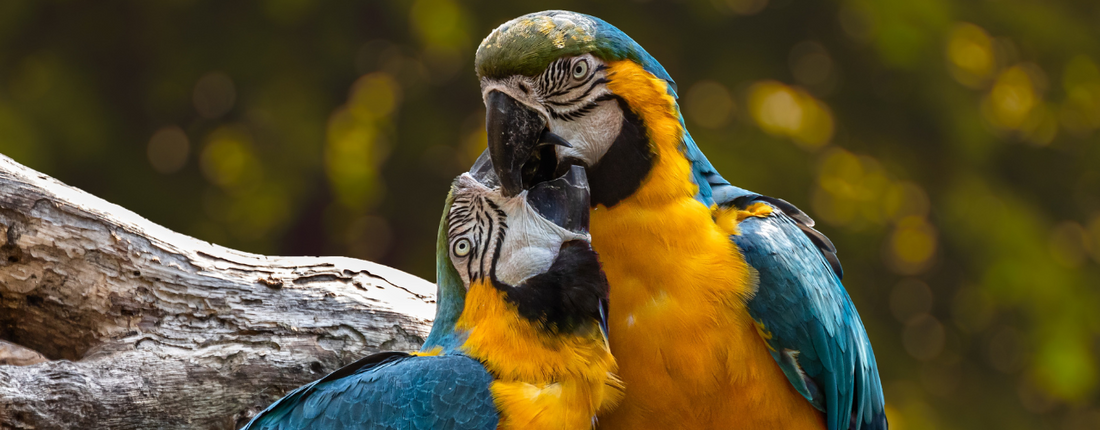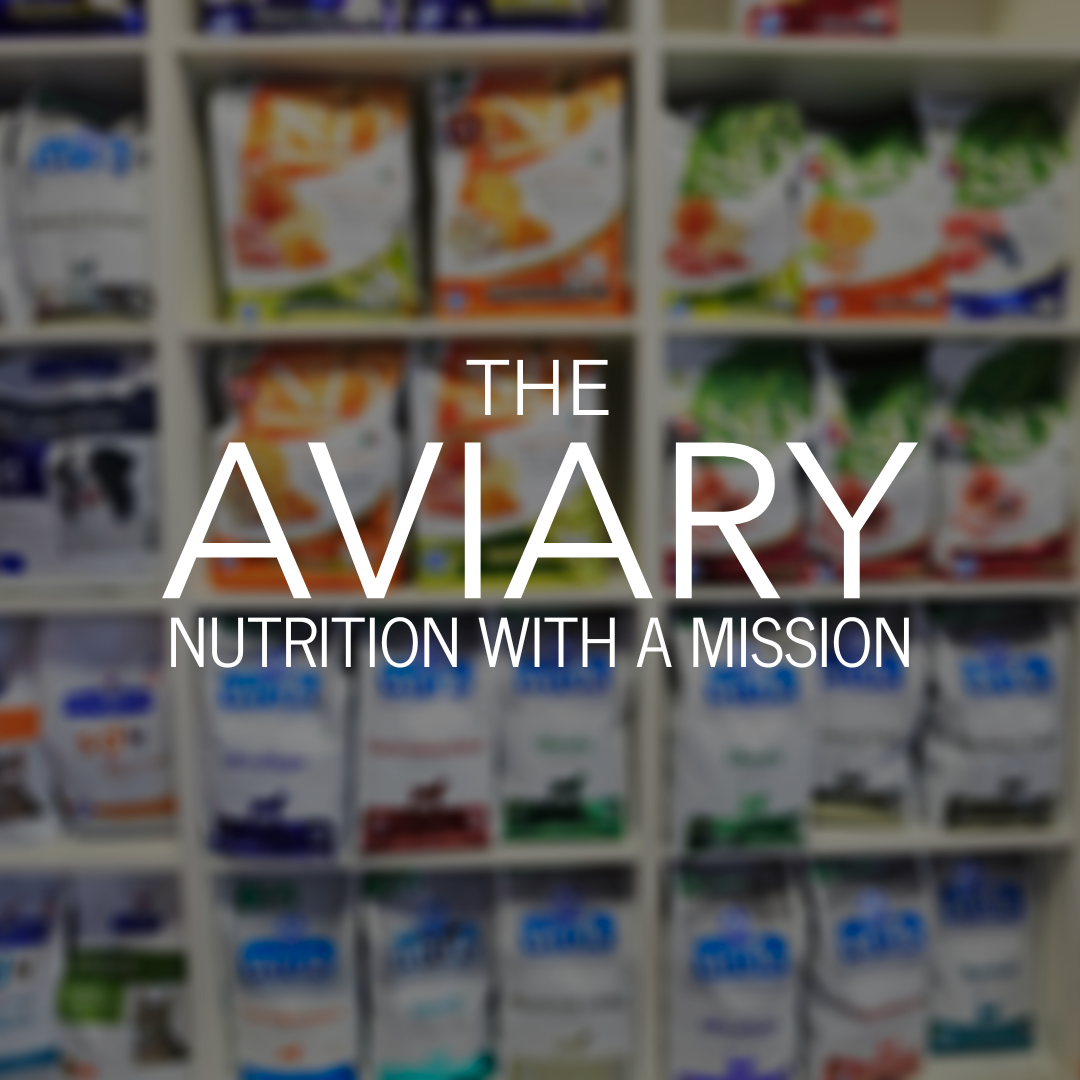
Can Diet Cause Hormonal Behaviour in Parrots? Here’s What the Science Says
If you’ve ever had a parrot go from sweet to screaming overnight, you’ll know how intense hormonal behaviour can be. One minute they’re calm and stable, the next they’re biting, screaming, humping, nesting in drawers, and guarding their food bowls like their life depends on it.
While environment, sleep cycles, and handling play a role, a surprisingly common trigger is diet.
Why Hormones Get Triggered in Captivity
In the wild, parrots come into breeding condition seasonally. They respond to cues like longer daylight hours, warmer weather, and most importantly access to richer food sources like fruits, seeds, and nuts. All these signals tell their body that it’s time to reproduce.
In captivity, we often create that same breeding environment without realising it. Our parrots live in warm homes with lights on long into the evening. We feed them sugary fruit, fatty seeds, and sometimes warm, mushy meals every single day. It’s not hard to see why their body thinks it’s springtime all year round.
High-Sugar and High-Fat Foods as Hormonal Triggers
Modern fruit is far sweeter than anything a wild parrot would ever eat. Giving fruit every day, especially in the morning, can cause sugar highs, overstimulation, and unpredictable moods. Some birds handle it better than others, but many will start to show classic hormonal behaviours like cage aggression, regurgitation, nesting, or over-preening.
Fatty foods like sunflower seeds, peanuts, or even too many almonds can also be a problem. These are rich, energy-dense foods that would only be found in limited amounts in the wild, usually during breeding season. Feeding them daily sends the wrong message to your bird’s system, and actually peanuts shouldn't be fed at all but that's another blog post entirely.
Another trigger people often miss is warm, mushy food. Soft, comforting textures like cooked grains or warm mash can mimic regurgitated food shared between bonded mates. For a bird that already sees you as a partner, this can encourage even more hormonal attachment and behaviour.
What to Feed Instead
To reduce hormonal stimulation, start the day with chopped raw vegetables and a few soaked or sprouted seeds. Skip the fruit completely if your bird is hormonal. Raw veg is nutrient-dense, low in sugar, and helps stabilise energy levels. If you must feed fruit, then pick a blueberry or two.
In the evening, shift to calming foods that support gut health and balance the nervous system. This is where our Soothing Range really shines. Our Soothing Dry Mix includes freeze-dried vegetables, medicinal herbs like chamomile and dandelion root, natural botanicals like rose and calendula, and a gentle hit of fermented sauerkraut for gut support. It’s grounding, nourishing, and easy to digest.
We pair this with our Soothing Seed Mix, which is completely free from sunflower seeds and designed to be gentle on both the digestive system and the mood. It includes hormone-supportive ingredients like milk thistle, caraway, and lavender, with a wide variety of small, nutrient-rich seeds that don’t overstimulate your parrot.
The Bigger Picture
No diet will completely stop hormonal behaviour, because hormones are a natural part of a parrot’s life, and we should try to emulate their life in the wild where possible for optimum happiness and enrichment. But by removing foods that act as stimulants and replacing them with calming, gut-supportive alternatives, you give your bird a better chance of staying regulated and balanced, which makes for a much more peaceful home.
If your parrot is going through a rough patch hormonally, try changing what’s in the bowl before you assume it’s just “a phase.” The results might surprise you. And remember, most parrots are rehomed during hormonal seasons, but this can be avoided by making some effort to improve diet.
